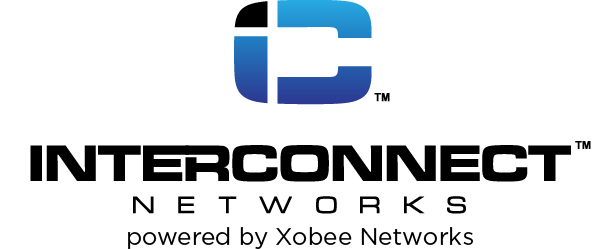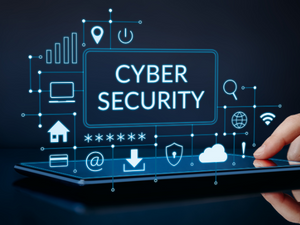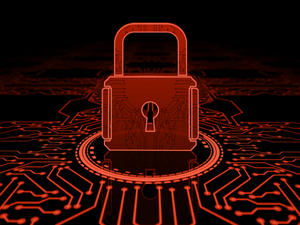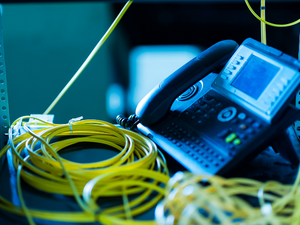 According to the 2020 Vulnerability and Treat Trends Report, the number of new samples of ransomware increased by a staggering 72 percent during the first half of this year.
According to the 2020 Vulnerability and Treat Trends Report, the number of new samples of ransomware increased by a staggering 72 percent during the first half of this year.
Hackers around the world have come to increasingly view it as their go-to attack option.
As with a great many things in recent months, this trend can be traced back to the COVID-19 pandemic. In response to the virus, untold millions of employees began working from home, which allowed them to stay productive, but at a terrible cost to network security. Few companies can afford to provide the same level of security and protection to their remote employees as they can when everyone is in the office.
Unfortunately, the moment a remote employee is infected and connects to the corporate network, the malware in question spreads like wildfire. Worse, since IT staffs are running thin these days and many security professionals themselves working from home, they’re relatively less able to deal with the rising threat.
The biggest and best way to protect against a ransomware attack now and at some point in the future, when the pandemic has finally run its course, comes down to visibility. Specially, the IT security people who have watching your network need full visibility and the means of analyzing how critical network assets could potentially be accessed by an agent moving laterally within the network, with or without proper credentials.
Additionally, this full and transparent view of things gives your security professionals the means of telling, at a glance if VPN’s, firewalls and related systems are properly configured and have all the latest security patches installed.
While that certainly doesn’t provide bullet-proof protection, that kind of visibility goes a long way toward minimizing your risk. If you don’t have something very like that in place right now, you need it as soon as possibly.





